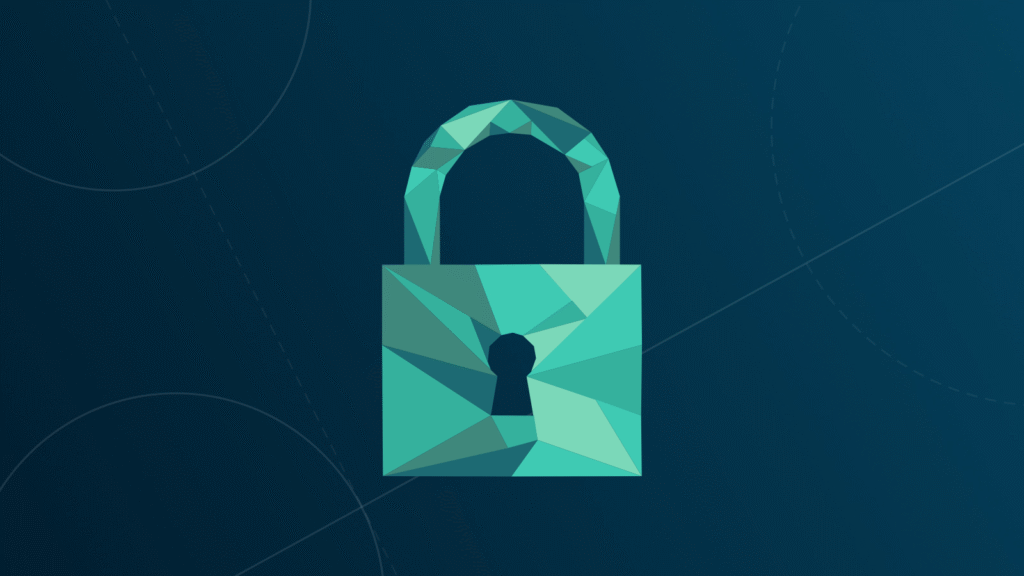
Clients trust law firms with their private information, so their cybersecurity is under scrutiny around the clock. Law firms hold a wealth of sensitive data, from personal client details to confidential case files, making them the perfect target for cybercriminals.
It can take years to build a law firm’s reputation, but it only needs one incident to tear it back down. A single breach can have catastrophic consequences, including loss of client trust, financial penalties, and legal repercussion for failing to protect client data.
In 2020, The Solicitors Regulation Authority (SRA) reported that 30 out of the 40 law firms they visited had been victims of a cyber-attacks, with £4 million in client money stolen. This highlights the severity of the current threat landscape in the sector.
In the age of artificial intelligence, cyber criminals are sharpening their skills and exploiting AI-powered fraud and deepfake videos to harvest customer data. Identity fraud is the most dominant case type, with more than 237,000 reports last year. Firms are most commonly attacked with sophisticated phishing scams via email, viruses, and malware, so how do you make sure both your client data, and your business, are secure? Where do you even begin?
Regulation and ethical obligations
A data controller is an individual within your firm who is accountable for data protection. They must be able to demonstrate compliance with GDPR and the DPA. Their roles and responsibilities include creating a contingency plan in case of a data breach, conducting risk assessments, and training staff about cybersecurity risks.
Regardless of your firm’s location within the UK, it is your responsibility to make sure you adhere to the data security laws – across teams, departments, and offices.
Best practice for protecting your law firm
To make sure your law firm is protected against attacks, think of creating a multi-layered security strategy approach. Concepts like Zero Trust should be implemented, and Microsoft’s has a whole suite of security tools to lock your data down.
Building your security policy
The majority of security issues in law firms are caused internally. Almost four in 10 internal issues have been caused by human error, this includes failure to redact information or use BCC in emails, sending to the wrong recipient and verbal disclosure. So, what can we do about these seemingly simple slip-ups?
- Strong passwords: Do you use the same password for every login? You’re putting yourself and your firm at risk of being targeted by cyber criminals. Create a complex password – not your birthday, please! To make your life just that bit easier, use a password management tool.
- Multi-Factor Authentication (MFA): This is a process where a user needs an additional form of identification when signing in, like entering a code that was sent to their mobile, or providing a fingerprint scan. Doubling up on your authentication upon logging in will significantly reduce the risk of hackers accessing and compromising your employees’ accounts.
- Role-Based Access Control (RBAC): All of your employees do not require the same level of access and control over resources. RBAC allows you to assign roles to control what access users have to different resources. It’s easy to assign and allocate roles with RBAC, as well as revoking them when necessary.
- Test and train: Just because you’ve shared the security plan with the rest of the business, that does not mean everyone’s read it. Ask your IT team to create a mock phishing email and send it to the whole company. By doing this, you’ll be able to educate your staff on security best practices and protocols. It’s also a fun exercise to see who’ll fall for it, with a salient message on the importance of cybersecurity awareness.
- Encryption: In its simplest form, encryption will transcribe your data and lock it with a secret code. Azure uses double encryption, which is when you have at least two layers of encryption to protect both your data at rest and data in transit. Using double encryption on your data will mean threats have to break through two barriers to access your information.
- Remote work: With more and more law firms comprising of hybrid workforces, virtual desktops is the answer to a safe and secure IT environment. Legacy applications can easily run on virtual desktops, and they can be installed on different devices. Virtual desktops create a standardised, secure environment to ensure all remote workers are complying with data security policies wherever they are.
Cyber security is a necessity for legal firms, vital to their operation and survival in the modern world. It safeguards the firm’s reputation, ensures compliance with regulations, and protects the very essence of what it means to be a trusted legal advisor.
As the threat landscape evolves, so must the defences of legal practices to ensure they remain protected from the constant threat of cyber-attacks. This commitment to cybersecurity is not just about risk management; it’s about upholding the professional and ethical standards that define the legal profession.
Security is a top IT priority for every law firm, but improving it doesn’t happen overnight. Register to our security workshop and reshape your security roadmap with your customers in mind.




